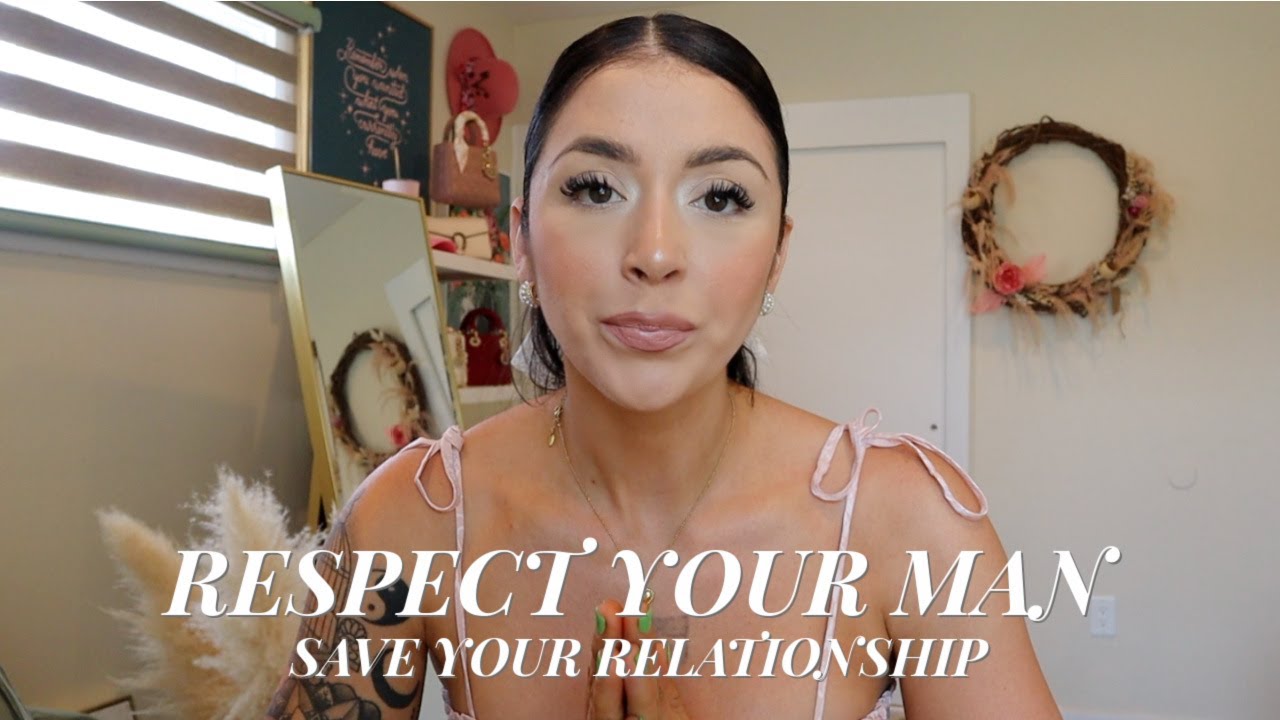Respect in a relationship is the foundation of a strong and fulfilling connection between two individuals. It goes beyond mere politeness or courteousness. True respect encompasses a deep understanding and appreciation for each other’s boundaries, opinions, and emotions. It is about valuing and acknowledging the unique qualities that make us who we are. Respect breeds trust, creating an environment where both partners feel safe to express themselves openly and honestly. It involves actively listening to one another, without judgment or interruption, and considering each other’s perspectives. Respect is demonstrated through actions, showing kindness, empathy, and support for one another’s dreams and aspirations. It means treating each other as equals, with fairness and dignity, and avoiding behaviors that belittle or demean. In a relationship, respect fosters a sense of partnership and teamwork, where decisions are made collaboratively, and compromises are reached. It allows for personal growth and fosters a healthy sense of self-worth. Ultimately, respect in a relationship creates a solid foundation for love, intimacy, and long-term happiness.

Understanding Respect in a Relationship
| Aspect of Respect | Description |
|---|---|
| Communication | Respectful communication involves active listening, empathy, and open-mindedness. Partners should listen attentively to each other’s perspectives, validating their feelings and opinions without judgment. |
| Boundaries | Respecting boundaries means acknowledging and honoring each other’s limits, physical or emotional. It involves giving space when needed, not pressuring the partner into uncomfortable situations, and seeking consent before making decisions that affect both individuals. |
| Equality | A respectful relationship should be built on equality, where both partners have an equal say in decision-making and share responsibilities. It involves recognizing each other’s strengths, supporting personal growth, and avoiding power imbalances. |
| Trust | Trust is the foundation of respect in a relationship. It requires being reliable, keeping promises, and being honest with each other. Partners should trust each other’s judgments and refrain from actions that may betray that trust. |
| Support | Respectful relationships involve supporting each other’s dreams, aspirations, and overall well-being. It means being there for one another during both good and challenging times, providing emotional, mental, and physical support without judgment or criticism. |
| Independence | Respecting independence means allowing each partner to maintain their individuality and pursue personal goals and interests. It involves encouraging personal growth, respecting personal space, and nurturing a sense of self-identity within the relationship. |
Respect Your Man: The Key to a Lasting Relationship
Understanding Respect in a Relationship
Respect is a fundamental aspect of any healthy and successful relationship. It serves as the foundation for trust, communication, and a strong emotional connection between partners. When respect is present, it creates an environment where both individuals feel valued, heard, and supported. In this article, we will explore what respect means in the context of a relationship and why it is crucial for its long-term success.
The Essence of Respect
Respect, in its simplest form, can be defined as the acknowledgment and appreciation of someone’s worth, boundaries, and feelings. It involves treating your partner as an equal, valuing their opinions and perspectives, and understanding that their needs and desires are just as important as your own. Respect is not something that can be demanded or forced; it must be earned and given willingly.
Trust: The Cornerstone of Respect
Trust and respect are deeply intertwined in a relationship. Without trust, respect cannot exist, and vice versa. Trust is built over time through consistent actions that demonstrate reliability, honesty, and integrity. When partners trust each other, they feel safe and secure in the relationship, allowing respect to flourish. It is crucial to maintain open lines of communication and follow through on commitments to establish a solid foundation of trust.
Communication: The Key to Respecting Differences
Communication is an essential tool for demonstrating respect in a relationship. Effective communication involves active listening, empathy, and a willingness to understand your partner’s perspective. It means expressing your thoughts and feelings honestly and respectfully, without resorting to insults or manipulation. By communicating openly and honestly, couples can navigate disagreements and conflicts while maintaining respect for each other’s boundaries and emotions.
Boundaries: The Importance of Personal Space
Boundaries are an essential aspect of respect within a relationship. Each individual has unique needs and limits that must be recognized and honored. Respecting boundaries means asking for consent, giving each other space, and not pressuring or coercing your partner into doing something they are not comfortable with. By respecting each other’s boundaries, couples create an environment of safety and trust, fostering a deeper and more fulfilling connection.
Equality: Valuing Each Other’s Worth
Equality is a crucial component of respect in a relationship. It means recognizing and valuing each other’s worth, contributions, and aspirations. In an equal partnership, decisions are made collaboratively, and power is shared. No one person holds dominance or control over the other. Both individuals have an equal say in matters that affect them, and their opinions are valued and taken into consideration. By fostering equality, respect is given the opportunity to thrive, creating a strong and balanced relationship.
Cultivating Respect in Your Relationship
Cultivating respect in a relationship requires ongoing effort and dedication from both partners. Here are a few strategies to help foster respect:
1. Active Listening: Practice active listening by giving your partner your full attention when they are speaking. Avoid interrupting, and show empathy and understanding for their point of view.
2. Express Appreciation: Regularly express your appreciation for your partner’s efforts, qualities, and achievements. Recognize and celebrate their successes, no matter how small.
3. Set and Respect Boundaries: Clearly communicate your boundaries and respect your partner’s boundaries as well. Ensure that both individuals feel comfortable expressing their needs and desires without fear of judgment or dismissal.
4. Resolve Conflicts Respectfully: Disagreements and conflicts are inevitable in any relationship. However, it is crucial to address them in a respectful manner. Avoid name-calling, belittling, or attacking your partner personally. Instead, focus on finding solutions and compromise.
5. Prioritize Quality Time: Make time for each other and prioritize quality time together. Engage in activities that you both enjoy and create opportunities for open and meaningful conversations.
In conclusion, respect is the bedrock of a healthy and successful relationship. It encompasses trust, effective communication, recognition of boundaries, and equality. By actively practicing respect and cultivating it within your relationship, you can create a strong and lasting connection with your partner.
What is Respect in a Relationship:
Frequently Asked Questions
What does respect mean in a relationship?
How can respect be shown in a relationship?
1. Active listening: Paying attention to your partner’s thoughts, feelings, and experiences without interrupting or judging.
2. Communication: Engaging in open and honest conversations, expressing thoughts and emotions calmly and respectfully.
3. Equality: Treating your partner as an equal, valuing their opinions, and making decisions together.
4. Boundaries: Respecting each other’s personal space, privacy, and boundaries.
5. Support: Being there for your partner, offering encouragement, empathy, and understanding.
6. Trust: Building and maintaining trust by being reliable, keeping promises, and being loyal to your partner.
7. Appreciation: Showing gratitude and acknowledging your partner’s efforts, achievements, and qualities.

